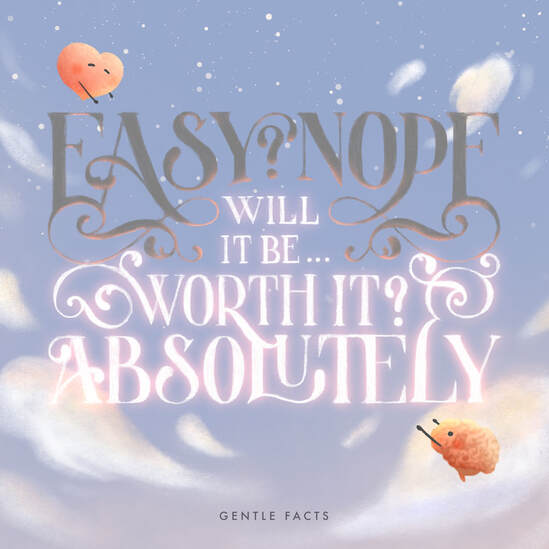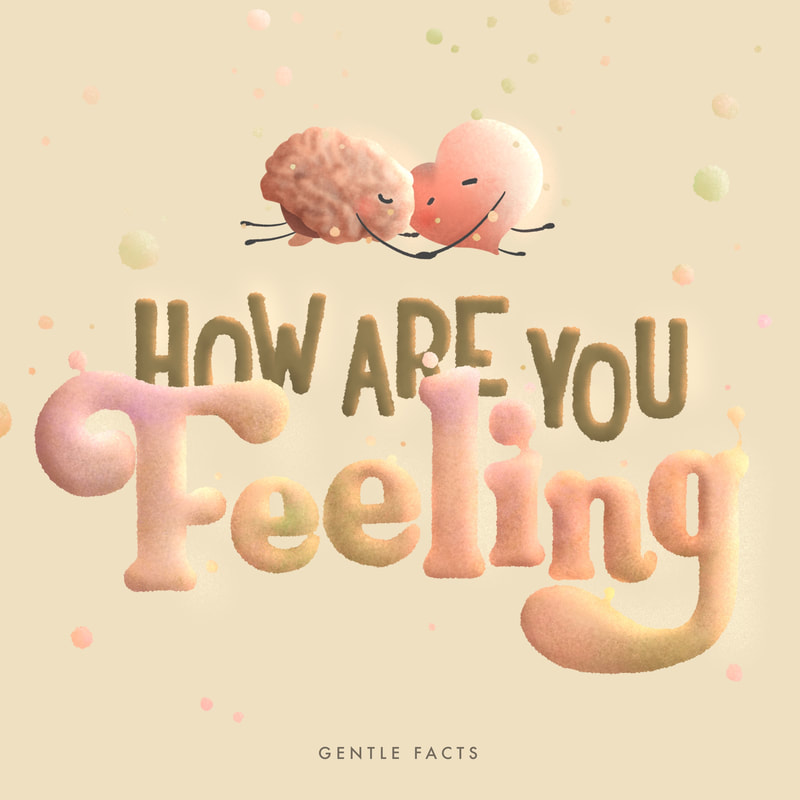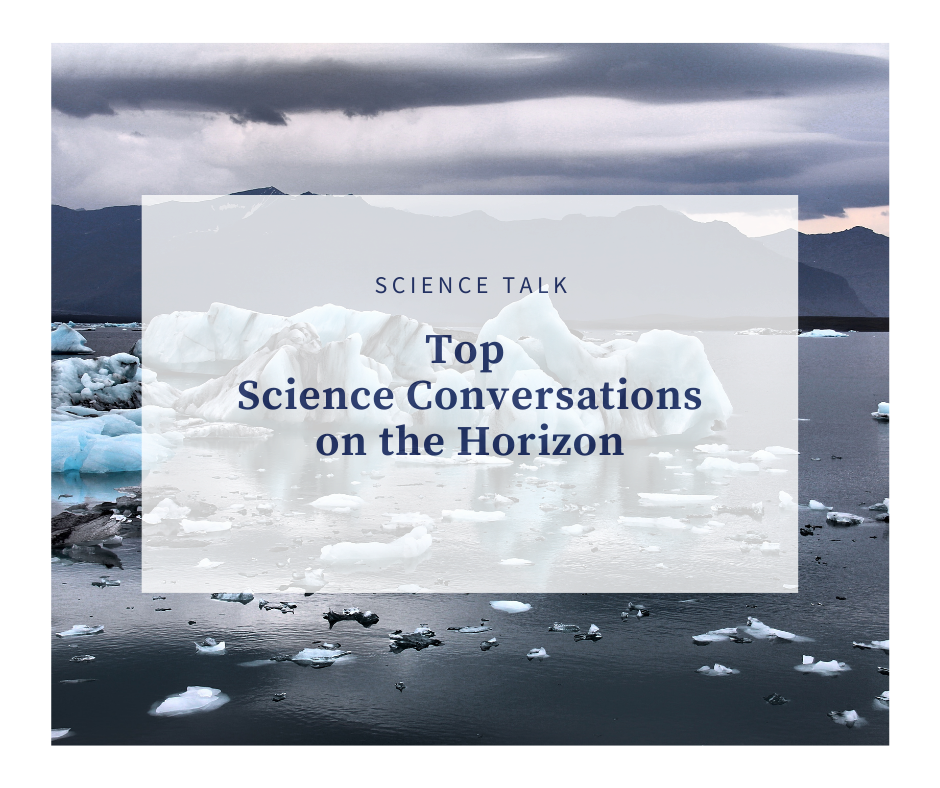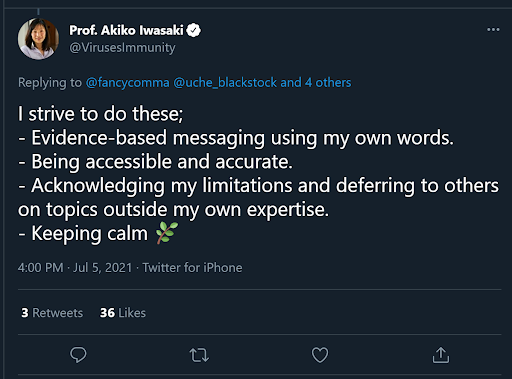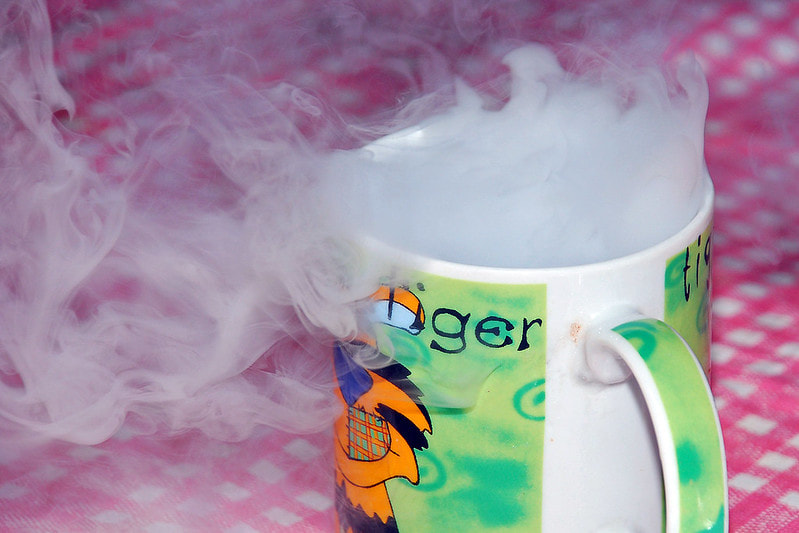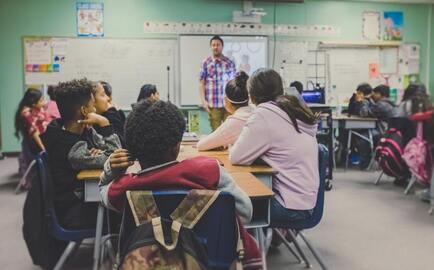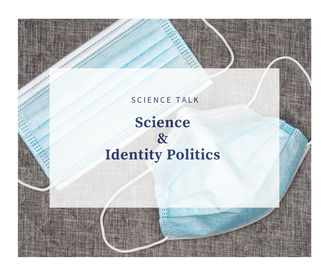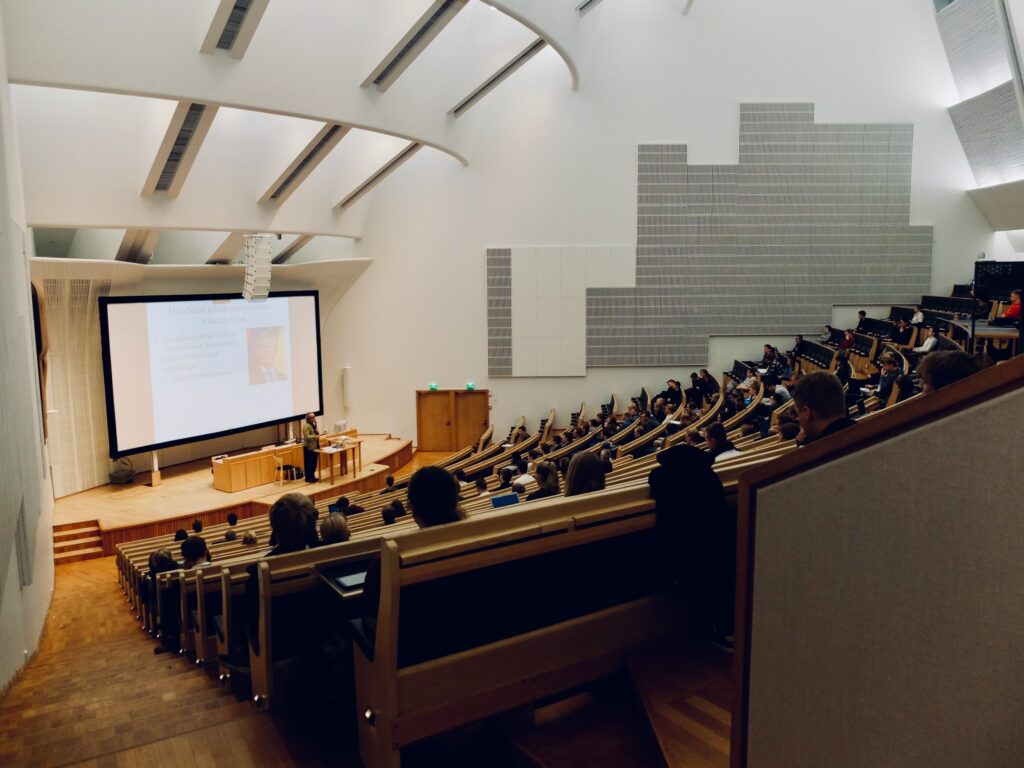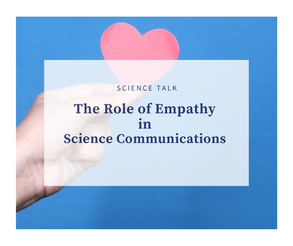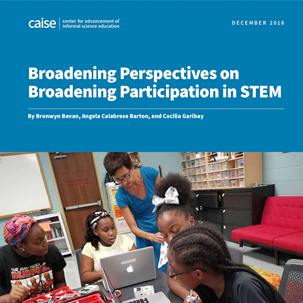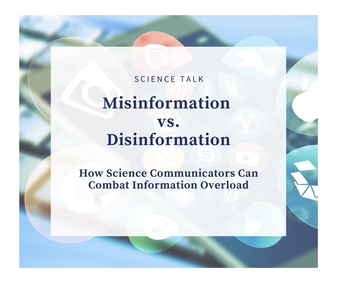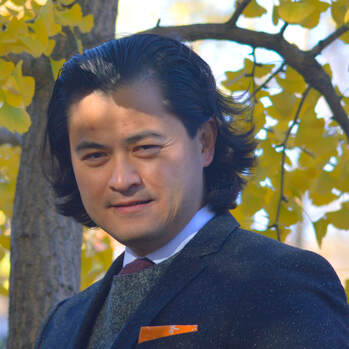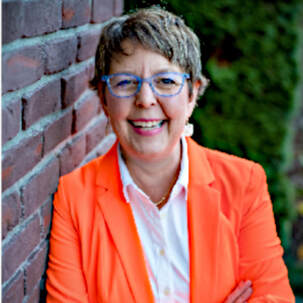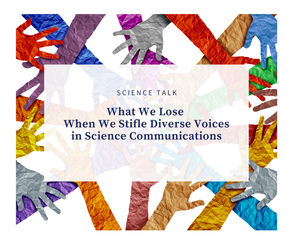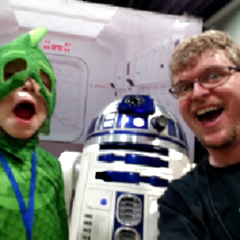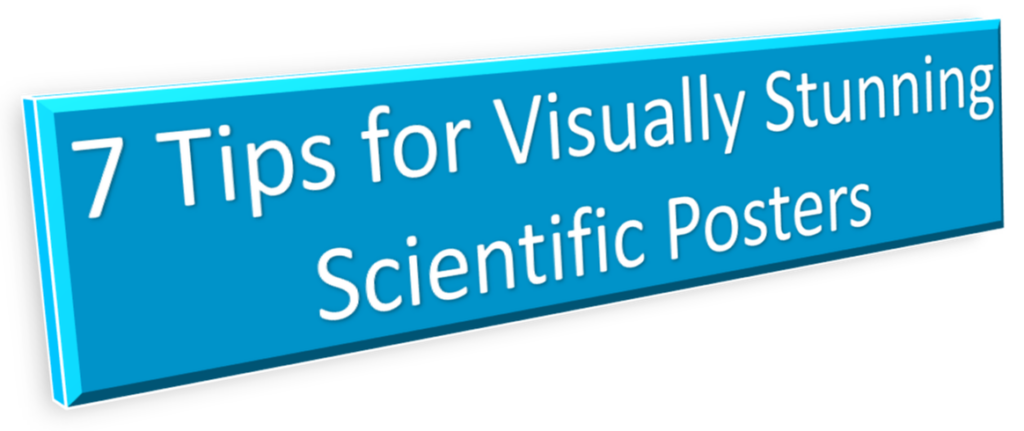Last week, I talked about how Compassionate Science Communication can provide value for and have lasting impact on our audiences. It requires the communicators to first learn what our audiences care about before offering a relevant scientific perspective. How? Let’s review the steps that guide the process: Listen: Approach our audience with curiosity—ask questions, listen, try to […]
Article
Compassionate Science Communication – SCICOMM that Cares (Part 1)
Imagine you have been wanting a pair of orange shoes for a long time. You finally find a pair that would go perfectly with your favorite orange outfit and are feeling pretty happy after trying them on! A salesperson then approaches you and says: You shouldn’t get those orange shoes. They don’t pair well with […]
Back to the Lab this Fall? Don’t Forget Your Scicomm Skills
The COVID-19 pandemic taught scientists that the way in which scientists communicate science impacts global communities. Lecturers that teach science communication (also called SciComm) at various levels draw upon and recognize the importance that all forms of science communication play in society — not just in their own lives, but in their students’ lives, too. […]
How Teaching Arts Can Have a Profound Impact on Scientific and Critical Thinking Skills
Advocates of the arts often talk about their transformative potential—for both the individual learner or practitioner and society at large. This is especially true in the context of improving scientific and critical thinking skills. Approaches employed in the arts can enable scientists, science communicators, and the general public to critically examine questions of method (scientific […]
SCIENCE TALK Q&A: Biggest Science Conversations on the Horizon
From climate change, vaccines and virus developments to artificial intelligence, genetic engineering and diversity and inclusion: science is saturated with new research and technological advancements. So which conversations can we expect to steal the limelight over the next few years? Science Talk’s Dr. Allison Coffin and Dr. Kiki Sanford sat down with Jessica McNellis from s2s Public […]
Learning From Pandemic SCICOMM in Action
In our column, we’ve discussed ways to teach science communication in the classroom through lectures and classroom exercises. We’ve talked about the helpful do’s and don’ts in teaching SciComm in a classroom setting. In this article, we will highlight certain methods that were successful in the COVID-19 pandemic-related science communication. In our last article, we discussed ways in which scientific research […]
Using Evidence-Based SCICOMM to Improve SCICOMM Education
We’ve talked at length about different ways that one can teach science communication in the classroom through lectures and classroom exercises. We’ve also written about helpful do’s and don’ts in teaching SciComm in a classroom setting. It’s great to teach students foundational skills that can help them explain complexities of science in a simple way to boost science understanding. To […]
Chemtalk: What’s the First Thing
What’s the first thing that comes to mind when you hear the word “chemistry”?We asked, and the answers will probably not shock you. Out of the hundreds of people surveyed in our Perception of Chemistry Survey, positive responses like “It’s amazing” were few and far between — our responses primarily ranged from “boring” and “difficult” to […]
Do’s and Don’t For Developing Classroom SCICOMM Exercises
This resource was featured in How Science Communication Can Improve Your Career on Neuronline. Visit today to read more. In our column, we’ve previously blogged about lecturing about SciComm and different SciComm exercises you can do in your class. In this post, we provide some do’s and don’ts for developing a SciComm module or course for your students. Do: Recognize that a core goal […]
SCIENCE TALK Q&A: Science and Identity Politics
Identity politics has permeated vaccine hesitancy, opinions on climate change, and society’s response to the COVID-19 virus. We are living in a moment in history where identity politics is playing its most prominent role in scientific conversations. Science Talk’s Dr. Allison Coffin and Dr. Kiki Sanford sat down with Jessica McNellis from s2s Public Relations and Communications to discuss […]
Practical Science Communication Exercises for the Classroom
This resource was featured in How Science Communication Can Improve Your Career on Neuronline. Visit today to read more. We’ve previously blogged for Science Talk about how to lecture about science communication. In this post, we’ll talk about practical science communication exercises that educators can use, and discuss a few do’s and don’ts in undertaking these exercises in the classroom. […]
How to Lecture about Science Communication
This resource was featured in How Science Communication Can Improve Your Career on Neuronline. Visit today to read more. University science programs, both undergraduate and graduate, have an exceptional variety of scientists conducting ground-breaking, cutting-edge work. However, these research institutions do not often train students in effective science communication. That’s not to say that some universities have not made […]
SCIENCE TALK Q&A: Taking a Look at Empathy, Self-Empathy, and Empathy Fatigue in Science Communications
An interview with Dr. Kiki Sanford, Dr. Allison Coffin, and Jessica McNellisReflecting on the fifth annual Science Talk Conference that wrapped in March, we were surprised at the emphasis around empathy in science communications in multiple keynotes, panels and industry workshops. Coming off a year when the value of science communication has never hit closer to home, we decided it was worth discussing more. Science Talk’s Dr. […]
On a Mission to Write Like a Scientist – and a Poet
This publication was originally posted on the hellobio blog in February 2021. Six years ago, my brand-new university degree qualified me to apply for a Ph.D. program studying strange stuff in strange places. Luckily, I got a scholarship, moved to a remote place in the UK and my initial experiments kicked off alright. Everything seemed to be […]
CAISE: A Boundary-Spanning Resource for Informal STEM Learning and Science Communication
Whether seeking broader impacts for their research, planning to work more inclusively and equitably with their local communities or wanting to build and share education, communication and outreach knowledge for the wider field, scientists and STEM-based professionals often want to know what has worked for others and under what conditions. What is CAISE? The Center for […]
Lessons on Virtual SCICOMM Conferences 1 Year Later
Hey! Remember almost just over 1 year ago when we threw together a virtual conference in a matter of three weeks, excited about the possibilities while still grappling with the uncertainty of the future? And it went kind of…well? We sure do! One year later we reflect on what we learned from Science Talk 2020 […]
Science Talk Q&A: Combating Misinformation, Disinformation, and Misinterpretation of Information
This is the third Science Talk Q&A in the series. The first Q&A, “How 2020 Shaped the Future of Science Communications,” can be viewed here, followed by the second Q&A, “What We Lose When We Stifle Diverse Voices in Science Communications,” here. With an oversaturation of information coming from news stations and publications, bloggers, video feed, social […]
Pre-Meeting Workshop! March 22 with Ben Young Landis and Science Policy
Welcome to the Science Talk Blog’s Meet the Science Talk ‘21 Speaker series! Each week we will highlight some of our exciting speakers. Registration for Science Talk ‘21 is now open! Ben is a SciComm Consultant and Coach at Creative Externalities. Ben is a consultant with experiences and insights from state and federal government and is an alum of the […]
Pre-Meeting Workshops Start March 15 with Brian Palermo and SciComm Improv
Brian is a CEO at Palermo Improv Training. Brian is an engaging actor with an impressive resume. Since 2010, Palermo has led workshops using the skills of improvisational theatre to teach effective communications techniques to professionals throughout the scientific landscape. Join Brian Palermo for a SciComm Improv Workshop on Monday, March 15, from 4-5:30 pm PT. RSVP on Whova today! Get to […]
SCIENCE TALK ’21 Speaker Series: Cathy Angell
Welcome to the Science Talk Blog’s Meet the Science Talk ‘21 Speaker series! Each week we will highlight some of our exciting speakers. Registration is now open for Science Talk ’24! Cathy Angell, M.Ed. is a Presentation Coach and Trainer at Cathy Angell Communications LLC. Cathy is the owner of Cathy Angell Communications and specializes in presentation design […]
Alaina G. Levine on Building an Authentic ‘Unicorn Career’
Over the holiday break, I sat down for a virtual meeting with Alaina G. Levine – entrepreneur, professional speaker and communications consultant – to learn more about her career and creative process. Not only is she the president of Quantum Success Solutions, a career consultant agency for scientists and engineers, she is also a professional […]
Science Talk Q&A: What We Lose When We Stifle Diverse Voices in Science Communications
More than ever before, diversity and inclusion is taking center stage in every discussion happening within organizations, workforces, leadership teams, board rooms, classrooms, you name it. It is no different in the science community. While the science communications industry in itself is female dominated, often the influential voices gaining recognition in the space are still […]
SCIENCE TALK ’21 Speaker Series: Rob O’Malley
Welcome to the Science Talk Blog’s Meet the Science Talk ‘21 Speaker series! Each week we will highlight some of our exciting speakers. Registration is now open for Science Talk ’24! Rob O’Malley is a Project Director, Dialogue on Science, Ethics, and Religion (DoSER) at AAAS. Before joining AAAS, Rob taught biological anthropology & conducted research on primate […]
7 Tips to Make Your Scientific Poster Stand Out
A scientific poster is one of the best ways to visually represent your research. In this guide, we’ll discuss 7 tips on how to design an outline and develop a visually stunning poster that will stand out amongst hundreds of others. Whether you are a student looking to score better grades or a researcher wanting […]
